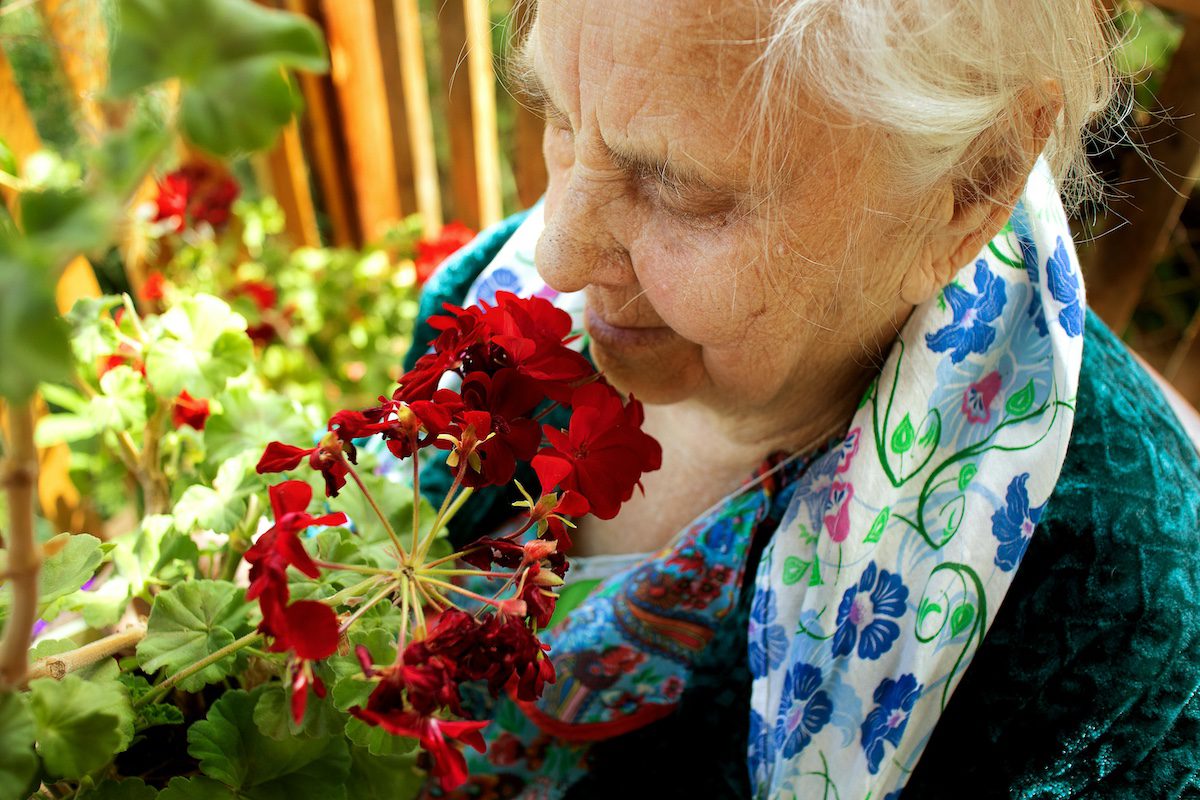Caring for an aging loved one or a family member with chronic illness can be an incredibly rewarding experience, but it also comes with unique challenges. Many caregivers find themselves physically, emotionally, and mentally drained over time – a condition commonly referred to as caregiver fatigue or caregiver burnout.
Recognizing the signs early and implementing effective coping strategies is crucial not only for the caregiver’s health but also for providing consistent, quality care to their loved ones.
Understanding Caregiver Fatigue
Caregiver fatigue is a state of exhaustion that results from the ongoing demands of providing care for someone who may have limited independence due to aging, illness, or disability.
Unlike general fatigue, caregiver fatigue often develops gradually and can affect every aspect of a caregiver’s life. It can manifest physically, emotionally, and mentally, often leading to stress, anxiety, and even health issues if left unaddressed
This type of fatigue occurs because caregiving requires constant attention, flexibility, and responsibility. Many caregivers try to balance their caregiving duties with work, household responsibilities, and personal obligations, often sacrificing their own needs in the process.
Over time, this cumulative stress can have serious consequences, making it essential to recognize and address caregiver fatigue.
Common Signs and Symptoms of Caregiver Fatigue
Caregiver fatigue can present in a variety of ways, and symptoms often overlap with general stress or burnout. Being aware of these signs can help caregivers identify when they need additional support. Some of the most common symptoms include:
Physical Symptoms
Chronic fatigue, frequent headaches, muscle tension, gastrointestinal issues, and changes in appetite or sleep patterns are common. Caregivers may also experience a weakened immune system, making them more susceptible to illness.
Emotional Symptoms
Irritability, mood swings, anxiety, depression, and feelings of resentment or guilt can develop. Caregivers may feel overwhelmed, underappreciated, or emotionally drained from constantly attending to the needs of their loved ones.
Cognitive Symptoms
Difficulty concentrating, forgetfulness, poor decision-making, and mental fog are frequent indicators. Caregivers may struggle with planning or managing tasks effectively.
Behavioral Symptoms
Neglecting personal health, withdrawing from social activities, and losing interest in hobbies or personal pursuits often occur. Caregivers might also notice themselves becoming impatient or short-tempered more easily than usual.
Factors Contributing to Caregiver Fatigue
Several factors can contribute to caregiver fatigue, including the complexity of the loved one’s medical needs, the duration of caregiving, and the level of support available.
Caring for a loved one with dementia, Alzheimer’s disease, or a chronic illness often demands more time, energy, and emotional resilience. Additionally, financial pressures, work obligations, and limited social support can exacerbate fatigue.
Caregivers who neglect their own needs or fail to establish boundaries are particularly vulnerable. It is common for caregivers to feel guilty for taking breaks or prioritizing their well-being, but this mindset can accelerate burnout.
Understanding these contributing factors can help caregivers develop strategies to protect themselves and maintain their own health.
Effective Coping Strategies for Caregiver Fatigue
Addressing caregiver fatigue requires proactive steps that focus on physical, emotional, and mental well-being. Implementing coping strategies can help reduce stress, prevent burnout, and improve the quality of care provided.
1. Prioritize Self-Care
Carving out time for yourself is essential. This includes regular exercise, sufficient sleep, a balanced diet, and relaxation techniques like meditation, deep breathing, or yoga. Even short breaks throughout the day can help restore energy and prevent emotional exhaustion.
2. Establish Boundaries
Clearly define caregiving responsibilities and communicate limits to your loved one and other family members. Learn to say “no” when additional tasks become overwhelming, and delegate responsibilities whenever possible.
3. Seek Social Support
Maintaining connections with friends, family, and support groups can reduce feelings of isolation. Sharing experiences with others who understand your challenges provides emotional validation and encouragement. Online communities or local caregiver organizations can also offer resources and a sense of belonging.
4. Use Respite Services
Respite care allows caregivers to take a temporary break while ensuring their loved one continues to receive care. This can include in-home respite, adult day programs, or short-term stays in assisted living or hospice facilities. Regular use of respite services can significantly reduce stress and prevent burnout.
5. Stay Organized
Keeping a structured schedule for medications, appointments, and daily routines can reduce mental strain. Tools like calendars, planners, and reminder apps can help manage responsibilities efficiently.
6. Seek Professional Help
Consulting with healthcare providers, therapists, or social workers can provide guidance, emotional support, and practical advice. Professional counseling can help address feelings of guilt, depression, or anxiety.
7. Practice Mindfulness and Stress Reduction
Techniques such as guided meditation, journaling, or breathing exercises can improve mental clarity and emotional resilience. Mindfulness encourages caregivers to focus on the present moment rather than becoming overwhelmed by the entirety of caregiving responsibilities.
8. Accept Help and Delegate Tasks
Many caregivers try to manage everything themselves, but accepting assistance from family, friends, or paid caregivers can ease the burden. Even small acts, such as grocery shopping or helping with household chores, can make a big difference.
Recognizing When Caregiver Fatigue Requires Urgent Attention
While mild fatigue may be manageable with self-care, severe or persistent symptoms require professional intervention. Warning signs include chronic depression, sudden physical health decline, or thoughts of harming oneself or others. In such cases, contacting a healthcare provider or mental health professional is critical to prevent serious consequences.
Benefits of Addressing Caregiver Fatigue
By taking steps to manage fatigue, caregivers not only improve their own well-being but also enhance the quality of care they provide.
Reduced stress and improved mental health can lead to better decision-making, increased patience, and stronger relationships with the loved one in their care. Maintaining balance allows caregivers to continue their role effectively without sacrificing their own health and happiness.
Encouraging a Healthy Caregiving Culture
Family members, healthcare providers, and communities play a role in supporting caregivers. Recognizing the value of caregiving, offering emotional support, and providing practical resources helps prevent burnout and creates a more sustainable caregiving environment.
Employers can also contribute by offering flexible work arrangements and caregiver support programs, which can significantly alleviate stress.
Final Thoughts
Caregiver fatigue is a common but often overlooked challenge that affects individuals caring for elderly, chronically ill, or disabled loved ones. Recognizing the signs and symptoms early, understanding the contributing factors, and implementing effective coping strategies are crucial steps in preventing burnout.
Prioritizing self-care, seeking support, setting boundaries, and using respite services can empower caregivers to maintain their health and provide high-quality care.
By addressing caregiver fatigue proactively, families create a safer and more supportive environment for both caregivers and their loved ones. Caregivers who invest in their own well-being are better equipped to navigate the demands of caregiving, preserve their emotional health, and sustain meaningful, compassionate care. Awareness, planning, and community support are key to ensuring that caregiving remains a rewarding and sustainable journey.



